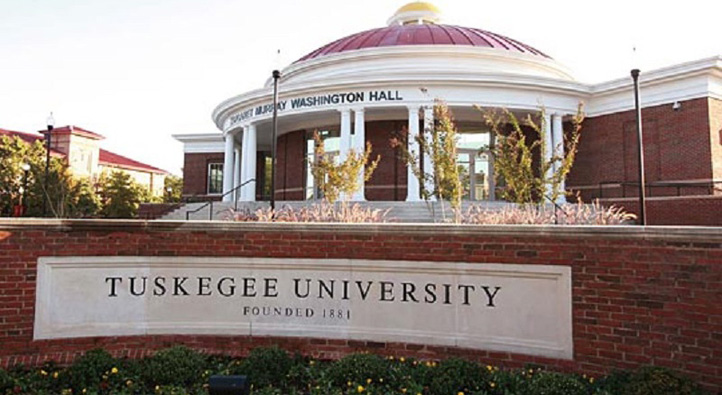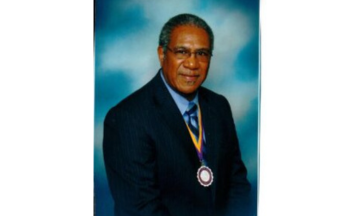HBCU Buzz interviewed Danny Tejada, author of Different Families, Still Brothers, a book that will release on kindle on November 1st. Tejada tells how it is possible to assist people in poverty on a seemingly small level, and how people who experienced being poor can be a great ally to those who are currently poor.
“Poverty is going to bed hungry. It is cereal for dinner. If lucky, it is white rice and eggs for dinner,” Tejada said.
 “It is deciding between paying the light bill or buying food for the family. It is living in a hotel room with your whole family because you lost your home. It is having to work sick because you could lose your job if you don’t. It is isolating yourself because you don’t have the money to do anything.”
“It is deciding between paying the light bill or buying food for the family. It is living in a hotel room with your whole family because you lost your home. It is having to work sick because you could lose your job if you don’t. It is isolating yourself because you don’t have the money to do anything.”
He went on to say that he wrote his book because those who do help end up doing more harm than good because they don’t know what it’s like to be poor. He wants the book to change people’s mind about helping the poor in an effective way and bring hope to youth in poverty.
According to the Census Bureau, in 2011, one in six Americans had an income below $22,811, and one in-15 American households earned less than $11,406. In Dr. Robert Franklin’s book, Crisis in the Village, he says, “There is time for diagnosis and there is time for prescription.”
But what good is prescription that doesn’t get filled? And what good is a filled prescription that we won’t faithfully take?
It’s time to fill the prescription; that is, to apply good advice we give ourselves and to those closest to us. That’s the ethical imperative for all of us today: “fill the prescription, take the medicine.”
The tragedy in American society is that pertinent issues have not become a part of prompt agenda’s because of pompous stake-holders. We have many diagnoses and prescriptions, but America will not swallow the pills that social justice experts have manufactured.



